Home>Garden Essentials>How Long For Seeds To Sprout
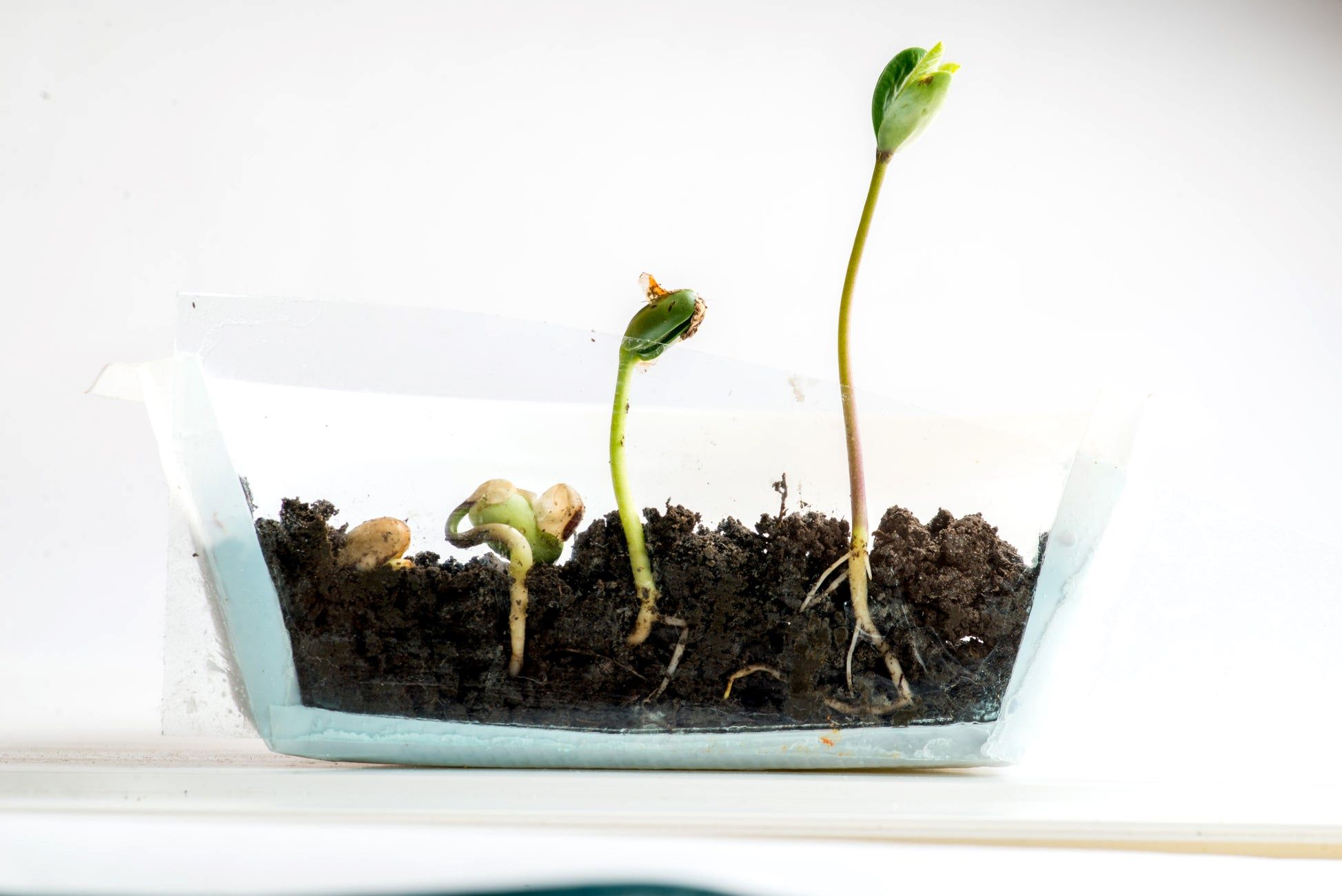

Garden Essentials
How Long For Seeds To Sprout
Modified: October 18, 2024
Discover the timeline for seeds to sprout in your garden. Learn how long it takes for different seeds to germinate and start growing.
(Many of the links in this article redirect to a specific reviewed product. Your purchase of these products through affiliate links helps to generate commission for Storables.com, at no extra cost. Learn more)
Introduction
Welcome to the wonderful world of gardening! If you’re a beginner or even a seasoned gardener, you may have found yourself eagerly waiting for those tiny seeds you planted to sprout. But how long does it actually take for seeds to germinate? In this article, we will explore the factors that influence seed germination time and provide some tips on how to speed up the process.
Seed germination is the first step in a plant’s life cycle. It is a fascinating and critical process that involves the transformation of a dormant seed into a young seedling. During germination, the seed absorbs water and begins to break down its internal structures, initiating the growth of roots, stems, and leaves.
The time it takes for seeds to sprout can vary greatly depending on several factors, including the type of plant, seed quality, environmental conditions, and care given. Understanding these factors can help you manage your expectations and optimize conditions for successful germination.
So, if you’re eager to see those little green shoots popping up from the soil, let’s dive into the factors influencing seed germination time.
Key Takeaways:
- Seed germination time varies based on factors like seed quality, water, temperature, light, and oxygen. Understanding and managing these factors can help speed up the sprouting process and increase success rate.
- Different seeds have different germination times, ranging from a few days to several weeks. Factors like temperature, moisture, and seed quality can impact the process. Patience and proper care are essential for successful germination.
Read more: How Long For Parsley Seeds To Sprout
Factors Affecting Seed Germination
Several factors play a significant role in seed germination. By understanding and manipulating these factors, you can help speed up the sprouting process and increase your success rate. Let’s take a closer look at some of the key factors:
- Seed Quality: The quality of the seed itself is crucial for germination. Fresh, viable seeds have a higher chance of sprouting compared to old or damaged seeds. It’s essential to obtain seeds from reputable sources to ensure their quality.
- Water: Water is essential for seed germination. When seeds absorb water, it triggers biochemical reactions that break down the seed coat and activate the growth of the embryo. However, it’s crucial to strike a balance. Too much water can lead to rotting, while too little can hinder germination.
- Temperature: Different plant species have specific temperature requirements for germination. Generally, seeds germinate best within a particular temperature range. Too low or too high temperatures can inhibit germination. It’s important to know the optimal temperature for the seeds you are planting.
- Light: While some seeds require light to germinate, others prefer darkness. Light can stimulate or inhibit germination depending on the species. It’s essential to research the specific light requirements of the seeds you are planting and provide the appropriate conditions.
- Oxygen: Like all living organisms, seeds require oxygen for respiration. Oxygen helps break down stored food reserves, providing energy for germination. Well-drained soil and proper aeration ensure that seeds receive the necessary oxygen for successful germination.
- Seed Dormancy: Some seeds have built-in mechanisms to remain dormant until specific conditions are met. This could be a requirement for exposure to cold temperatures (stratification), fire, or the digestive system of an animal. Understanding seed dormancy and providing the necessary conditions can help overcome this hurdle.
By carefully considering and managing these factors, you can create an optimal environment for seed germination. However, it’s important to note that each plant species and even individual seed varieties may have specific requirements. Researching the needs of the seeds you are planting will greatly improve your germination success rate.
Germination Time for Common Seeds
Each type of seed has its own germination time frame, which can range from a few days to several weeks. Understanding the typical germination time for common seeds can help you plan your gardening activities and monitor the progress of your plants. Here are some examples of germination times for popular garden seeds:
- Lettuce: Lettuce seeds usually germinate within 7 to 14 days, depending on the variety and growing conditions. It’s a relatively fast germinating crop, making it a popular choice for beginner gardeners.
- Tomatoes: Tomato seeds can take anywhere from 5 to 10 days to germinate. Factors such as temperature and humidity play a significant role in their germination success.
- Carrots: Carrot seeds have a longer germination period, typically ranging from 10 to 21 days. They require consistent moisture and loose, well-draining soil for successful germination.
- Peppers: Pepper seeds usually germinate within 10 to 14 days. They prefer warm temperatures for optimal germination, which is why starting them indoors or using a heat mat can expedite the process.
- Beans: Depending on the variety, bean seeds can germinate within 7 to 14 days. They require warm soil temperatures and adequate moisture to initiate germination.
- Zucchini: Zucchini seeds typically take around 7 to 10 days to germinate. They thrive in warm soil and require consistent moisture to sprout successfully.
- Cucumbers: Cucumber seeds germinate within 7 to 10 days, provided they are given warm soil conditions and consistent moisture. Starting them indoors can help speed up the germination process.
These are just a few examples, and the germination time for seeds can vary depending on various factors. It’s important to refer to the specific instructions on the seed packet or conduct research on the particular variety you are planting.
Remember that environmental conditions, such as temperature and moisture, can significantly impact the germination time. Additionally, some seeds may have a wider range of germination times due to variations in their genetic makeup. Patience and careful monitoring are essential when waiting for seeds to sprout.
Seeds can take anywhere from a few days to a few weeks to sprout, depending on the type of plant. Keep the soil moist and warm to help speed up the process.
Tips for Faster Seed Sprouting
If you’re eager to see your seeds sprout and get your garden off to a quick start, there are several things you can do to promote faster and more successful germination. Here are some tips to help speed up the seed sprouting process:
- Pre-soaking: Some seeds benefit from pre-soaking before planting. Soaking seeds in water for a few hours or overnight can help to soften the seed coat and jumpstart the germination process.
- Scarification: Seeds with hard, impermeable seed coats may benefit from scarification. This involves gently scratching or nicking the seed coat to encourage water absorption and promote quicker germination.
- Proper soil preparation: Ensure that your soil is well-prepared before planting. It should be loose, well-draining, and rich in organic matter. Good soil structure allows for better water penetration and root growth, resulting in faster germination.
- Optimal temperature and moisture: Maintain the ideal temperature and moisture levels for your specific seeds. Some seeds prefer warmth, while others require cooler temperatures. Similarly, provide adequate moisture without overwatering, as excessive moisture can lead to rotting.
- Use of grow lights: If you’re starting seeds indoors, using grow lights can provide consistent light and warmth, mimicking ideal growing conditions. This can help promote faster and healthier seed germination.
- Proper spacing: Sow seeds at the recommended spacing to avoid overcrowding. Overcrowding can lead to competition for resources, resulting in slower germination and weaker seedlings. Give each seed enough space to grow and develop.
- Regular monitoring: Keep a close eye on your seeds and monitor their progress regularly. Check for any signs of germination and adjust the growing conditions if necessary. Promptly address any issues that may arise, such as pests, diseases, or inadequate lighting.
- Patience: Remember that nature takes its time, and not all seeds will germinate at the same rate. Practice patience and resist the temptation to disturb the seeds or soil during the germination process.
By implementing these tips, you can optimize the growing conditions for your seeds and increase the chances of faster and more successful germination. However, keep in mind that each plant species has its own specific requirements, so it’s essential to research and cater to the needs of the seeds you are planting.
Now that you are armed with these tips, get ready to witness the magic of seeds sprouting and enjoy the excitement of nurturing your young seedlings!
Factors Delaying Seed Germination
While there are several factors that can help promote faster seed sprouting, there are also factors that can hinder or delay the germination process. Understanding these factors can help you troubleshoot any issues you may encounter. Here are some common factors that can delay seed germination:
- Improper temperature: Seeds have specific temperature requirements for germination. If the temperature is too cold or too hot, it can slow down or inhibit germination. Ensure that you provide the optimal temperature range for the seeds you are planting.
- Insufficient water: While too much water can be detrimental, insufficient water can also delay germination. Dry conditions can prevent seed coats from softening and hinder the absorption of water necessary for the germination process. Maintain appropriate moisture levels for successful germination.
- Improper depth of planting: Planting seeds too deep or too shallow can impact germination. Seeds that are buried too deeply may struggle to reach the surface, while seeds that are planted too shallow may not receive the necessary moisture and protection. Follow the recommended planting depth for each type of seed.
- Seed dormancy: Some seeds have built-in dormancy mechanisms, which prevent them from germinating until specific conditions are met. This natural adaptation can delay germination. Research the specific requirements for seed dormancy release, such as stratification, scarification, or exposure to certain stimuli.
- Poor seed quality: Seeds that are old, damaged, or of poor quality may have lower germination rates or delayed germination. It’s crucial to use fresh, viable seeds obtained from reputable sources to maximize germination success.
- Competition from weeds: Weeds competing for resources like moisture, nutrients, and light can hinder seed germination. It’s important to weed the area thoroughly before planting seeds to reduce competition and give your seeds a better chance to sprout.
- Unsuitable soil conditions: Soil that is compacted, lacks proper drainage, or has an unfavorable pH can impede seed germination. Seeds need loose, well-draining soil with the right pH levels to thrive. Prepare your soil properly and ensure it is suitable for the seeds you are planting.
By being aware of these factors and taking appropriate measures, you can overcome potential delays in seed germination. Provide the optimal growing conditions, nurture your seeds with care, and be patient. Sometimes, it may take a little longer for certain seeds to sprout, but with the right approach, you can increase your chances of successful germination.
Remember, gardening is a journey that requires observation, adjustment, and continuous learning. Embrace the process, and enjoy the satisfaction of seeing your seeds transform into vibrant, healthy plants.
Read more: How Long For Broccoli Seeds To Sprout
Conclusion
Seed germination is a fascinating and critical process in the world of gardening. Understanding the factors that influence the germination time and taking the necessary steps can greatly increase your success rate. By providing the right conditions such as proper temperature, adequate moisture, and optimal light exposure, you can expedite the germination process and witness your seeds sprouting into beautiful seedlings.
Factors such as seed quality, water, temperature, light, oxygen, and seed dormancy all play a significant role in seed germination. By paying attention to these factors and providing the necessary care, you can create an optimal environment for seeds to sprout and grow.
Timing can vary for different types of seeds, but with patience and the right conditions, you can watch as lettuce, tomatoes, carrots, peppers, beans, zucchini, and cucumbers, among many other common garden seeds, emerge from the soil and begin their journey towards becoming healthy plants.
Whether you’re a beginner or a seasoned gardener, it’s important to remember that each plant species may have its unique requirements for successful germination. Researching the specific needs of the seeds you are planting and implementing appropriate techniques, such as pre-soaking, scarification, and providing optimal soil conditions, will significantly increase your chances of success.
While there are factors that can delay germination, recognizing and addressing them can help overcome any hurdles you may encounter. Understanding the impact of temperature, water, planting depth, seed quality, and soil conditions will enable you to troubleshoot and take proactive steps to encourage germination.
Gardening is an ever-evolving journey with valuable lessons to learn along the way. Embrace the process, be patient, and enjoy the satisfaction of nurturing seeds into thriving plants. So, get your hands dirty, sow those seeds, and watch as your garden comes to life with the beauty and abundance of nature.
Frequently Asked Questions about How Long For Seeds To Sprout
Was this page helpful?
At Storables.com, we guarantee accurate and reliable information. Our content, validated by Expert Board Contributors, is crafted following stringent Editorial Policies. We're committed to providing you with well-researched, expert-backed insights for all your informational needs.
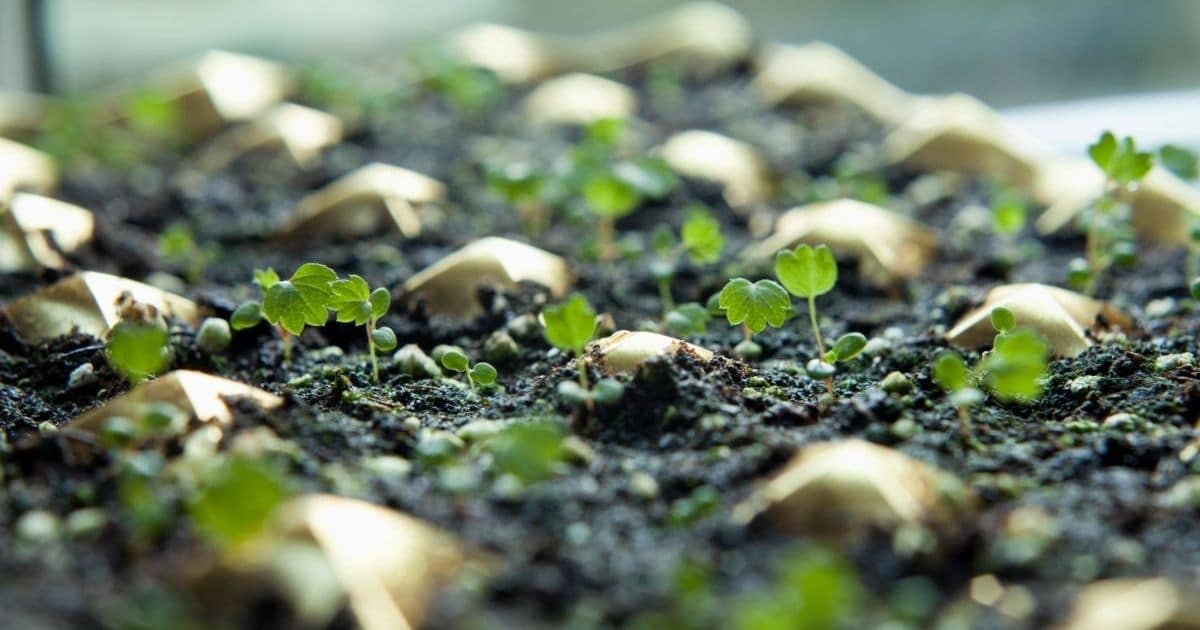
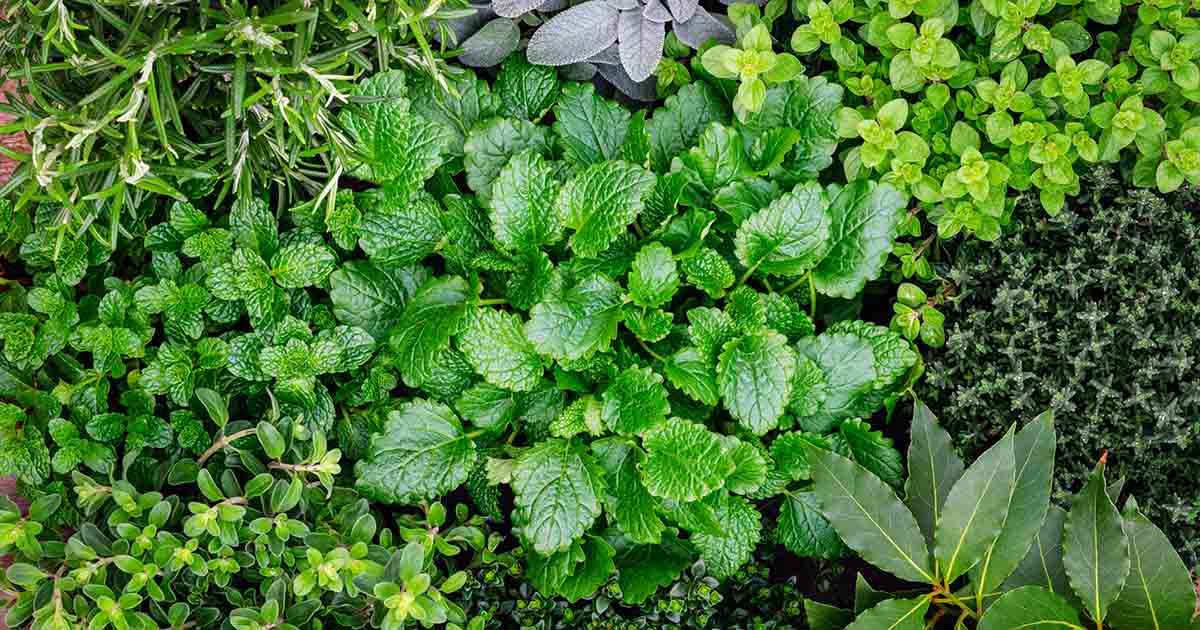
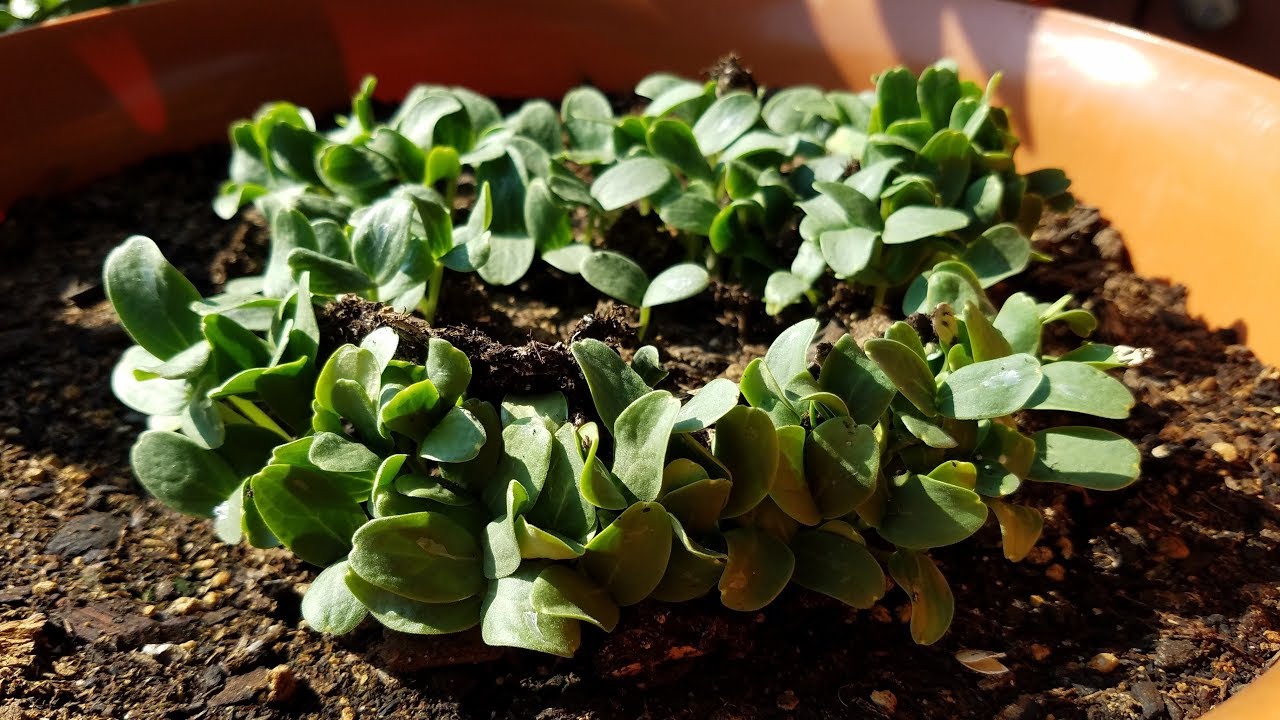
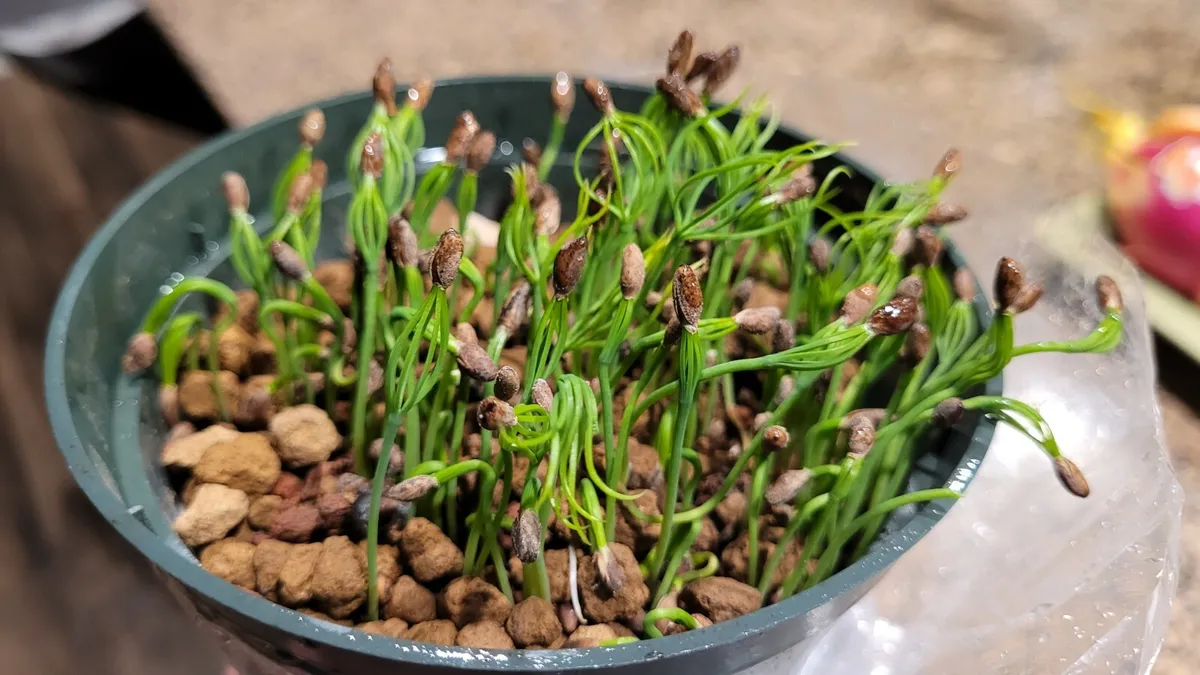
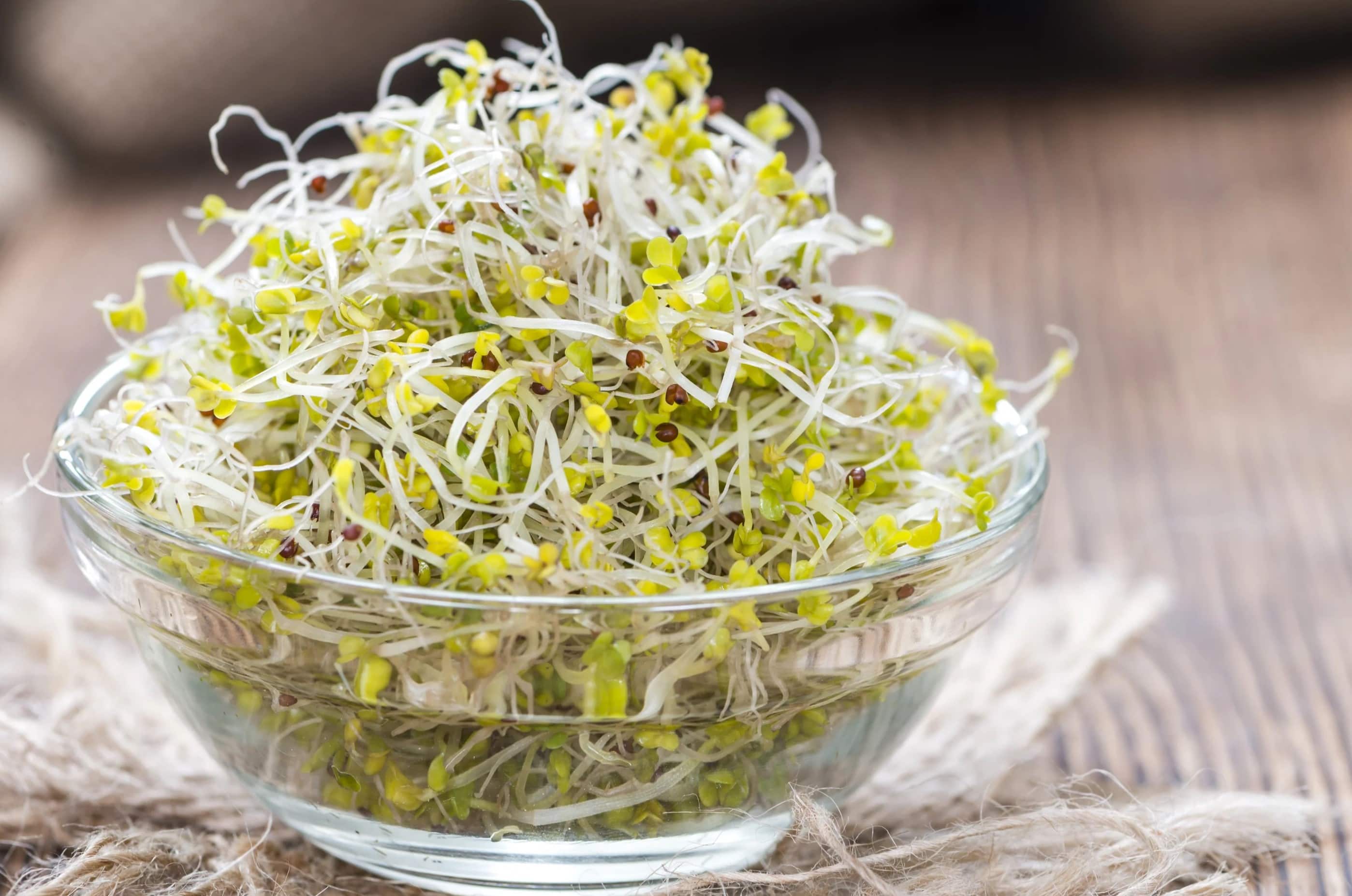
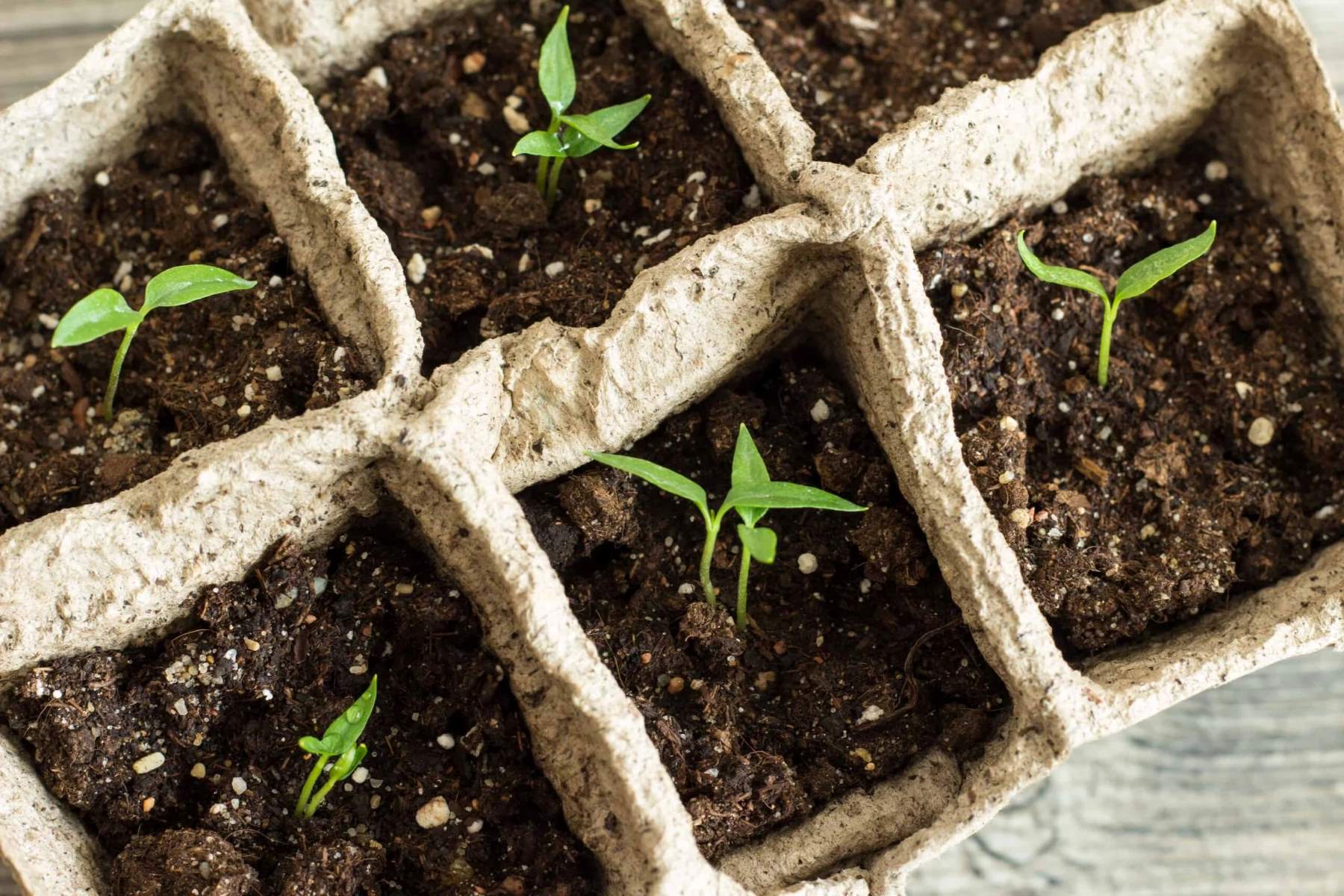
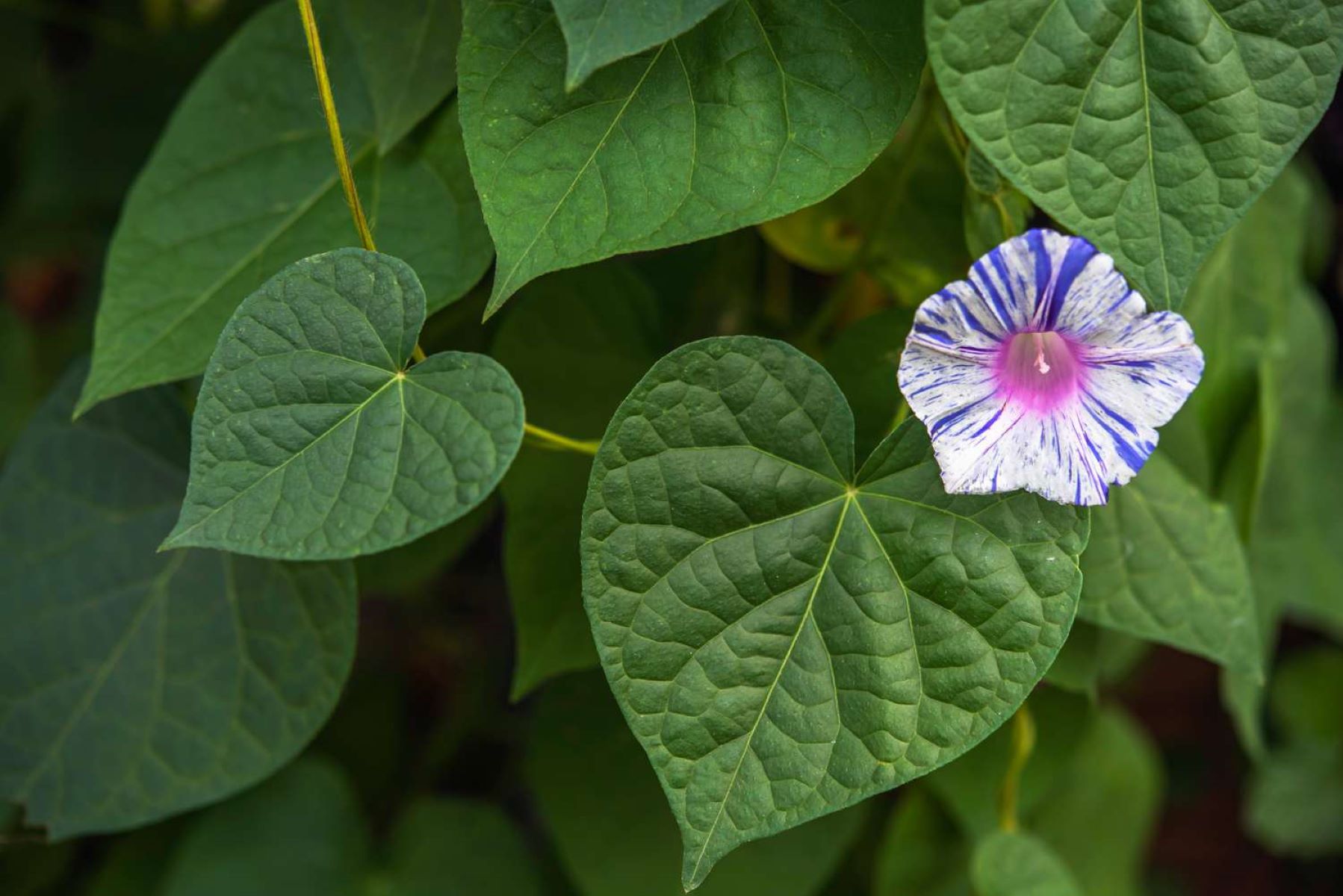
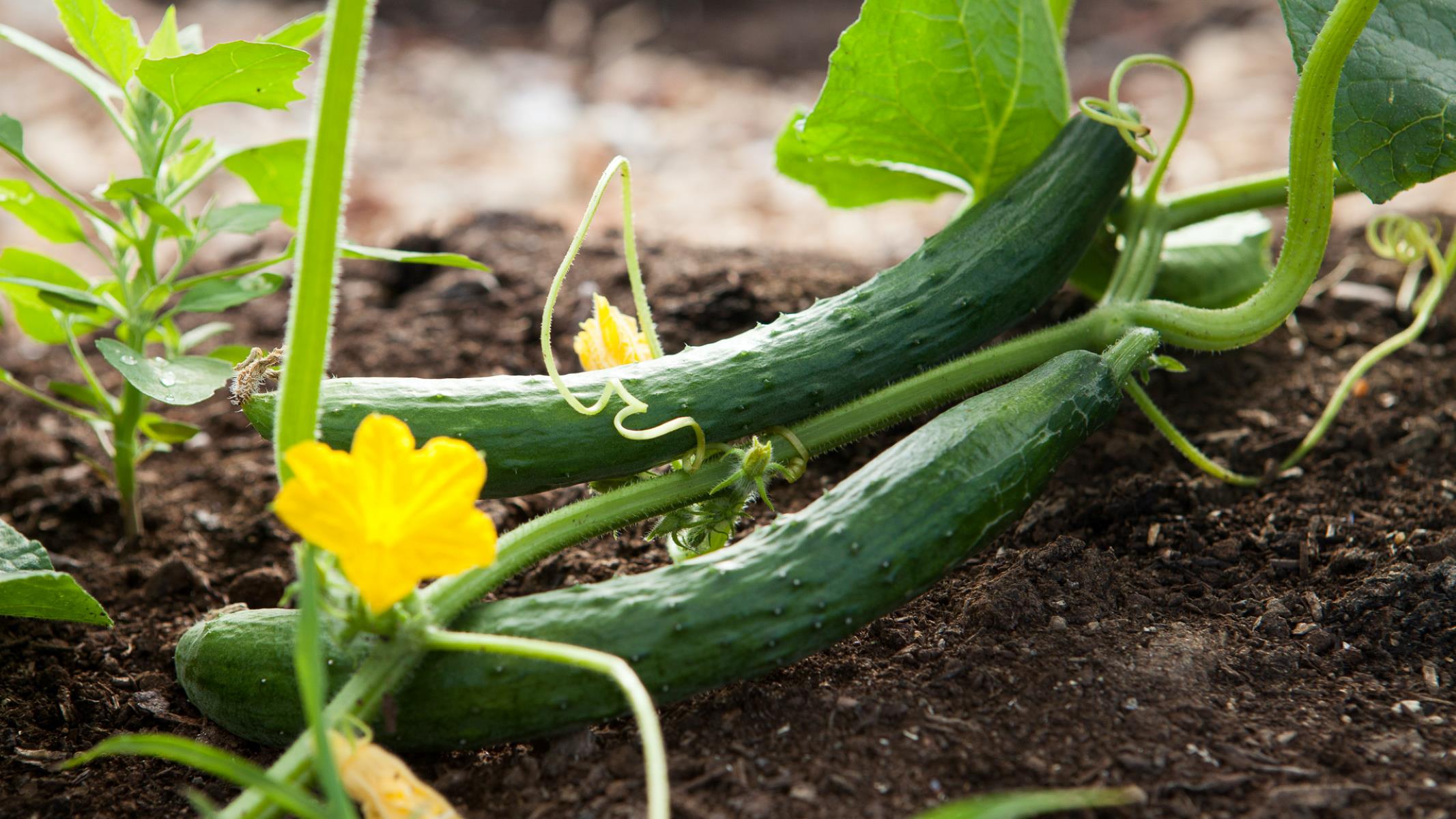
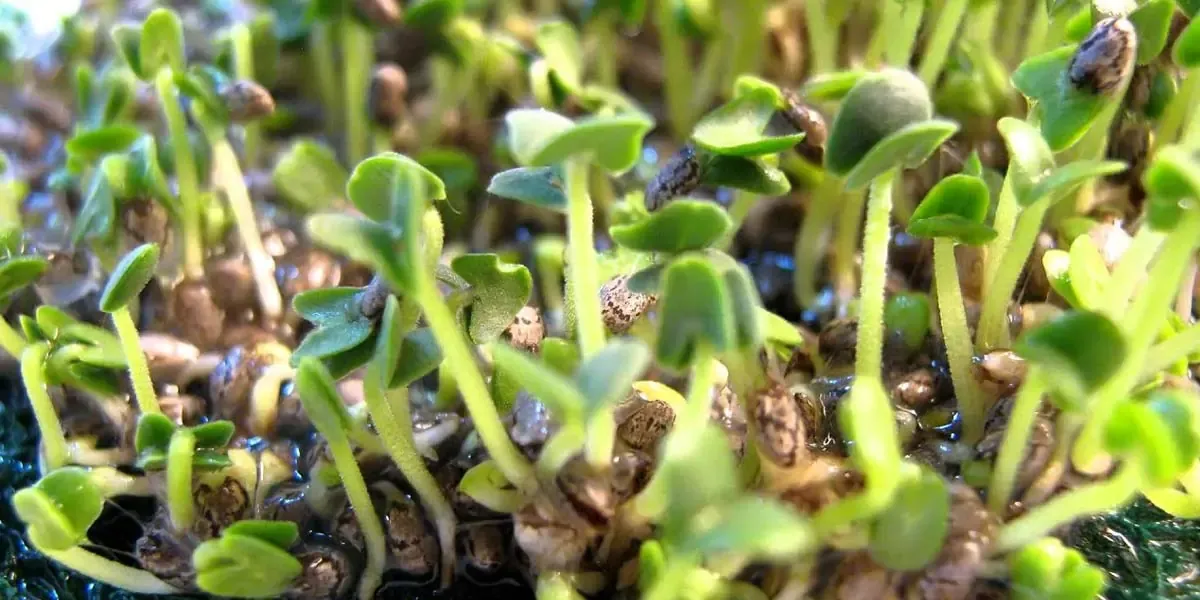
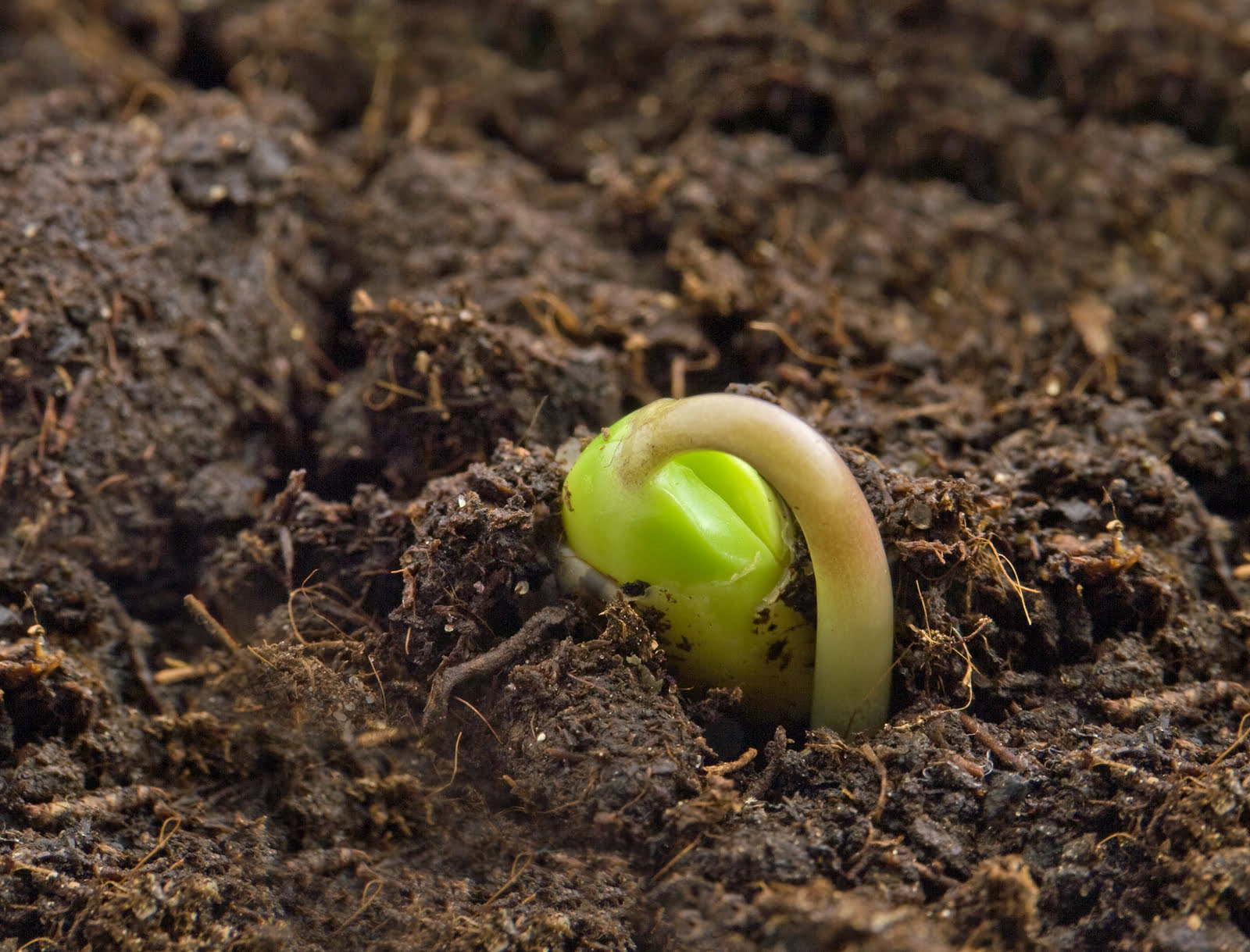
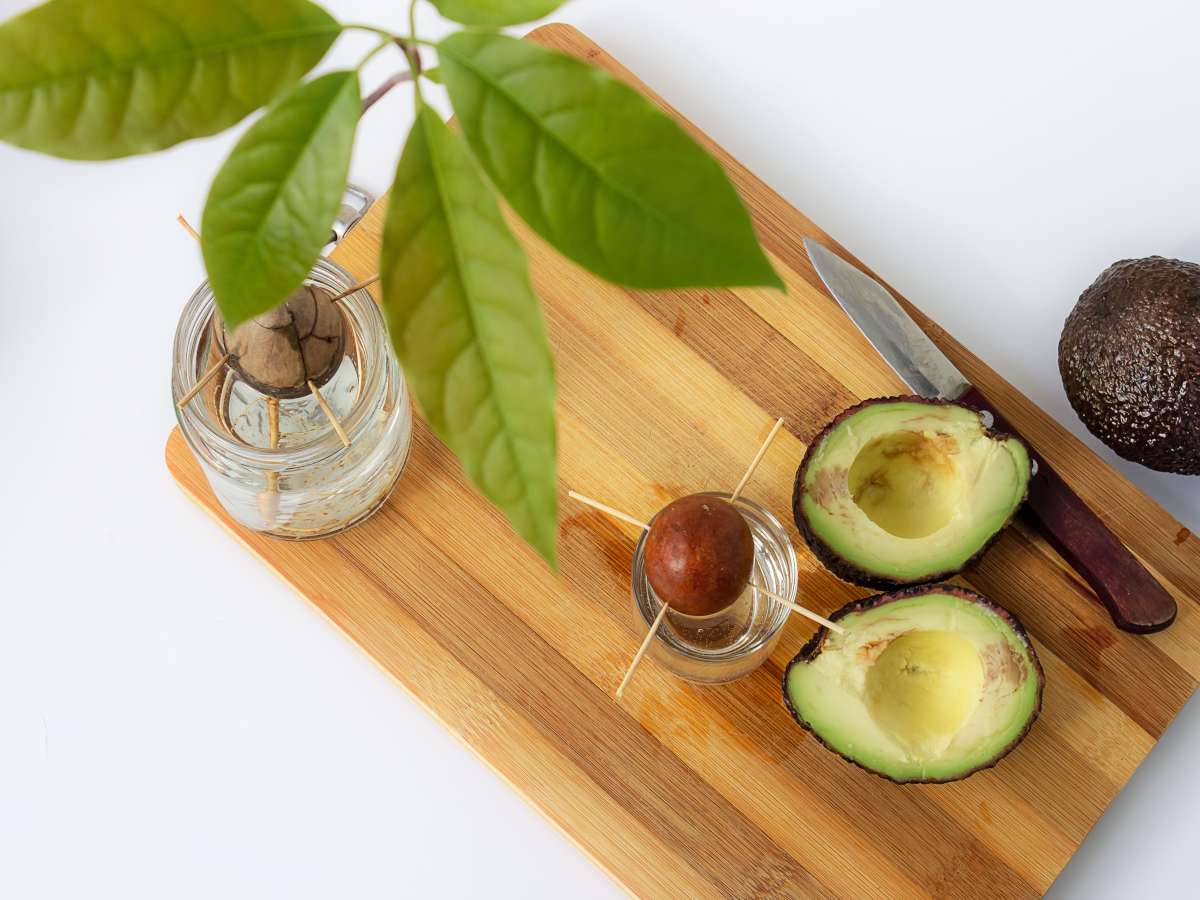
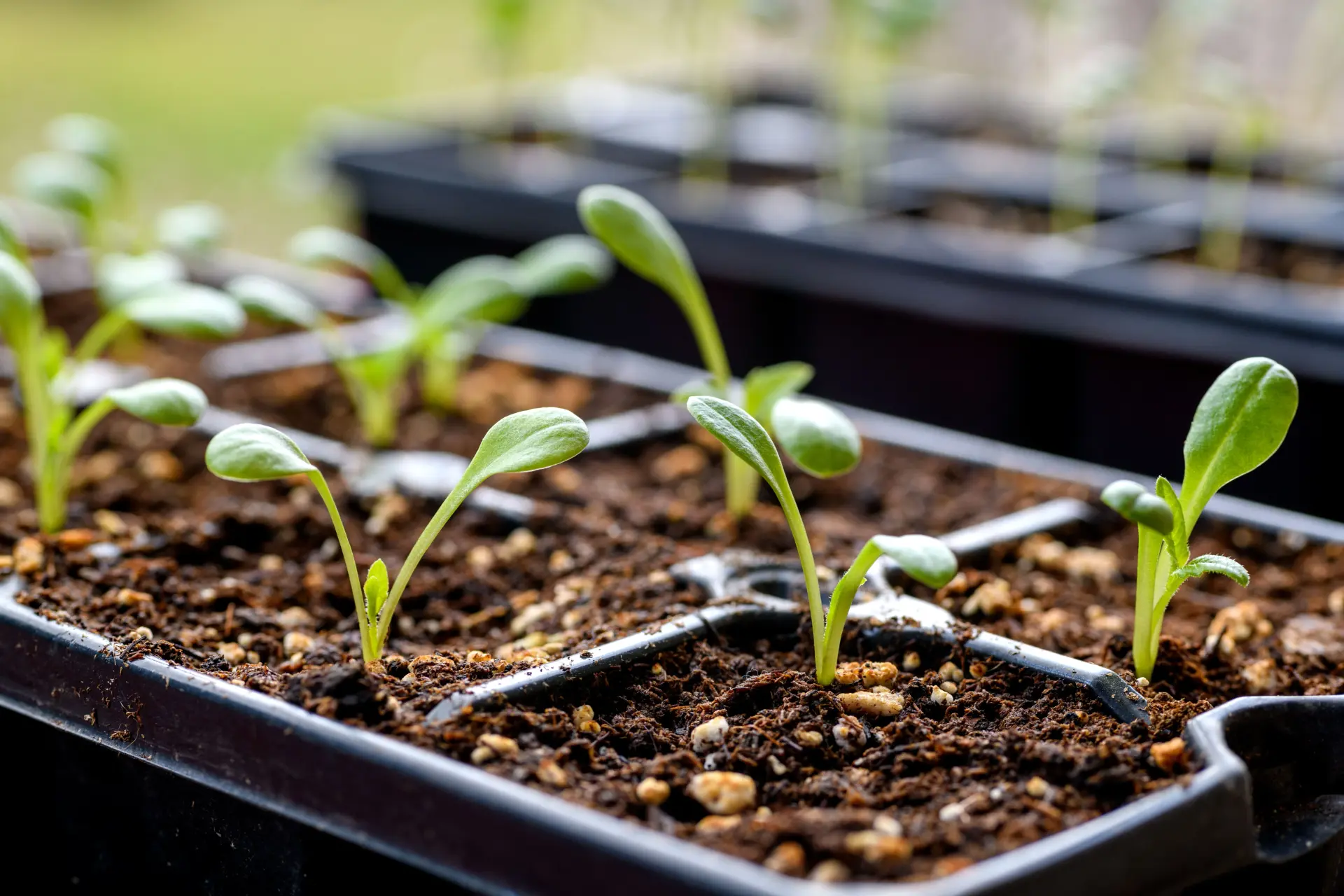
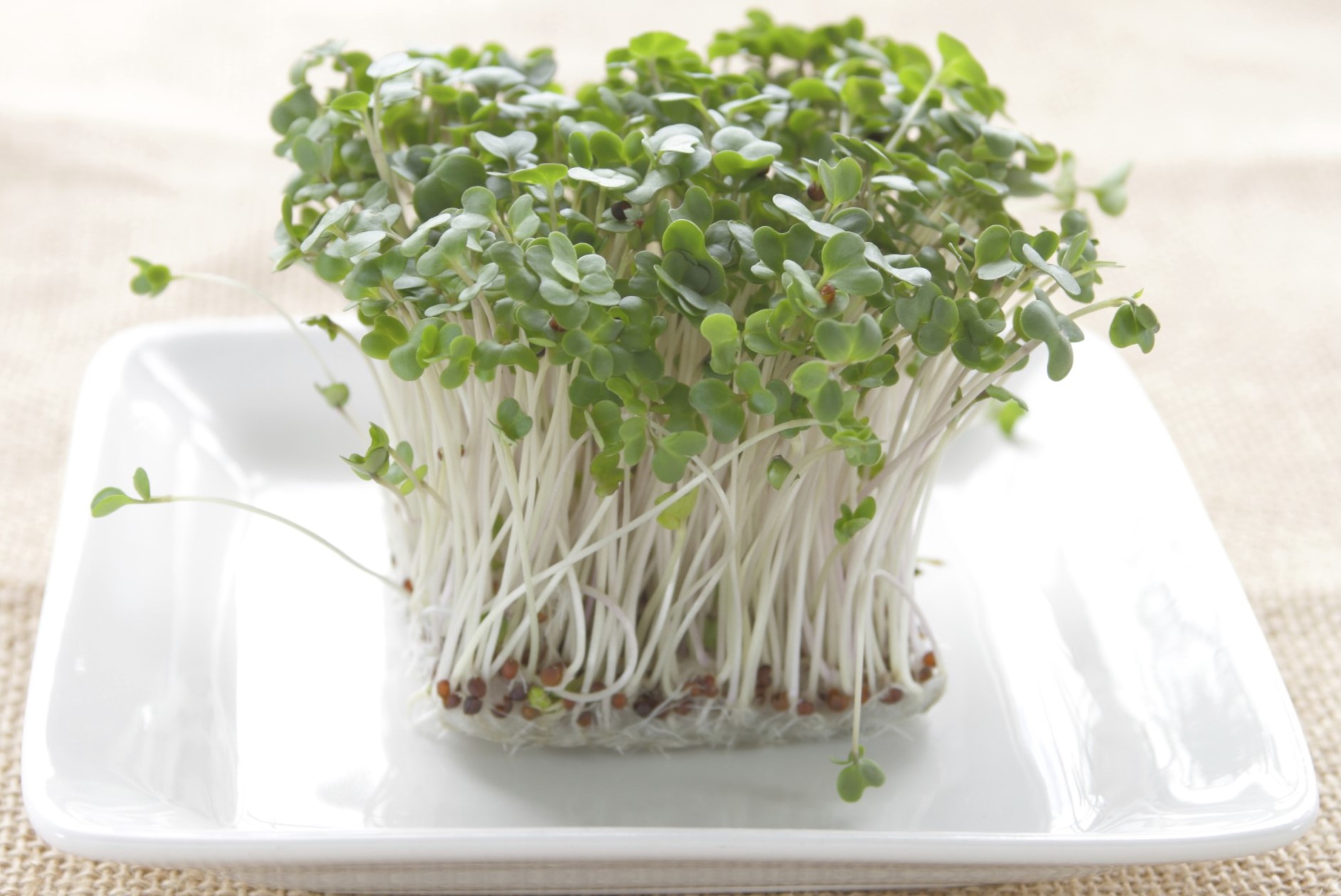
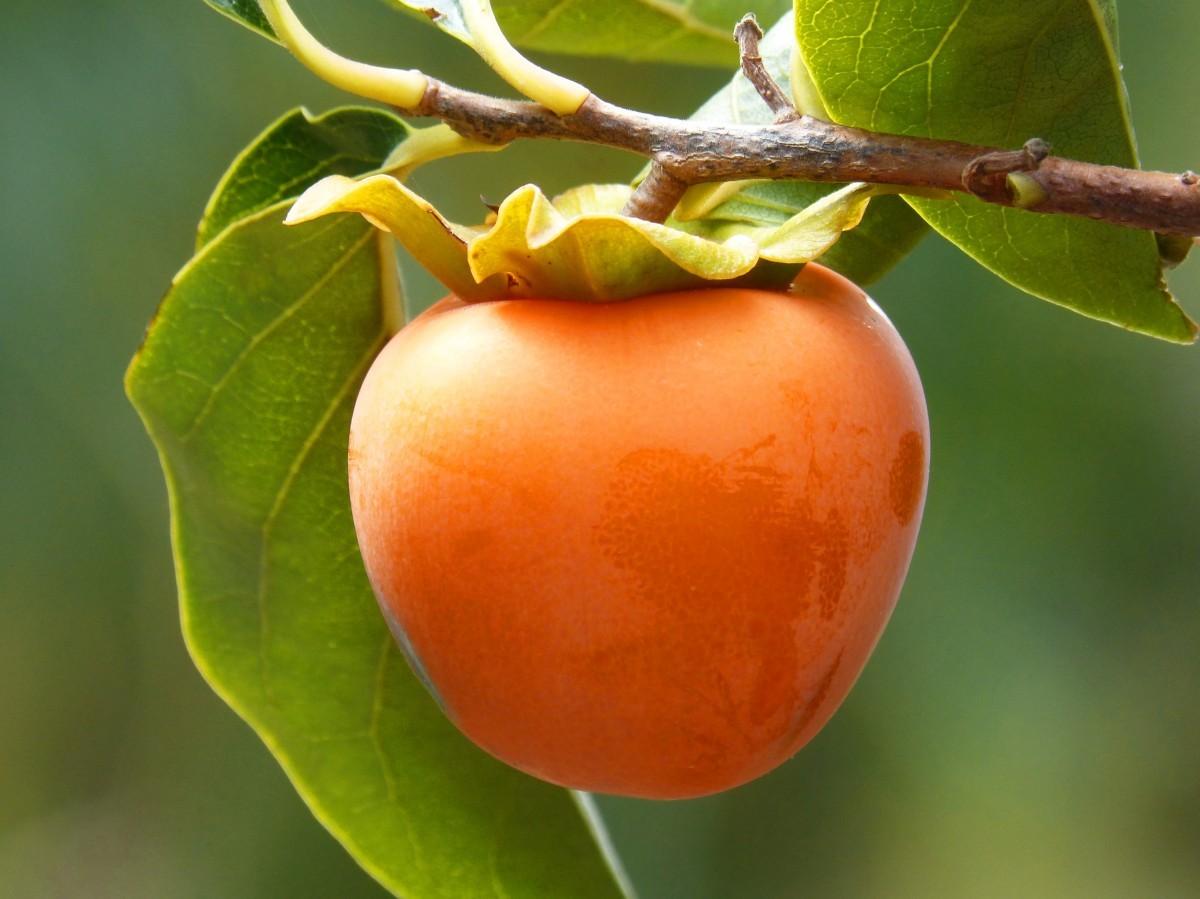

0 thoughts on “How Long For Seeds To Sprout”